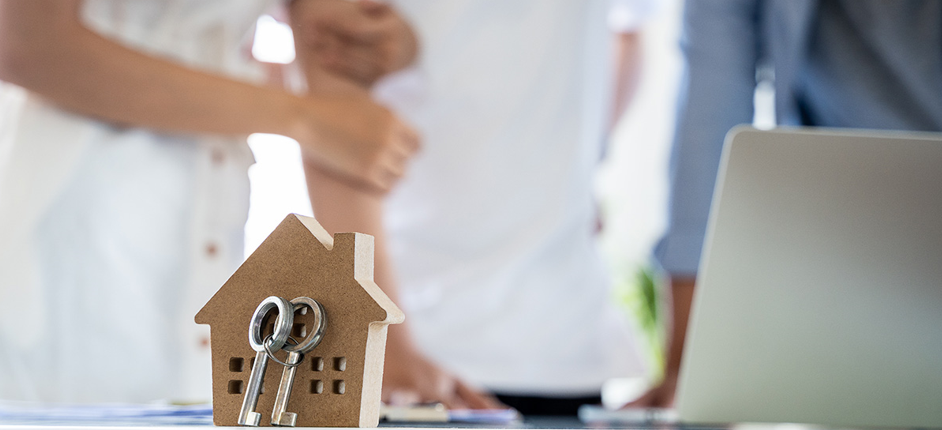Buying a Second Home
 Purchasing a second home is an exciting venture, and there are numerous reasons why individuals choose to take this step. Whether it’s acquiring a holiday retreat in a beloved coastal town, a convenient urban hideaway, a residence for a family member, or an investment property, the motivations are varied and personal. To help you navigate this process, Chewton Rose has compiled a comprehensive guide detailing what purchasing a second home entails and how it differs from buying a primary residence.
Purchasing a second home is an exciting venture, and there are numerous reasons why individuals choose to take this step. Whether it’s acquiring a holiday retreat in a beloved coastal town, a convenient urban hideaway, a residence for a family member, or an investment property, the motivations are varied and personal. To help you navigate this process, Chewton Rose has compiled a comprehensive guide detailing what purchasing a second home entails and how it differs from buying a primary residence.
Can I Buy a Second Home Using Equity?
Yes, you can use the equity in your primary home to purchase a second property, to secure a mortgage for a second home, you’ll need a 25% deposit. Mortgage lenders will assess your available equity to determine if you can manage the repayments for the new property. You can calculate your equity by subtracting the outstanding mortgage balance of your primary residence from its current market value.
Does the Deposit Increase on a Second Home?
Indeed, the deposit requirements for a second home are higher. Unlike primary mortgages, which often require a 5-10% deposit, second home mortgages necessitate a minimum of 25%. Utilising the equity in your primary home through a remortgage can provide the funds needed for this deposit.
What Kind of Mortgage Do I Need?
For a second home, you’ll need a specific type of mortgage that undergoes more rigorous financial scrutiny. Lenders need assurance that you can handle mortgage payments for both properties. Depending on your plans for the second home, you may need a specialised mortgage, such as:
- Buy to Let Mortgage: If you intend to rent out the property.
- Holiday Let Mortgage: If you plan to lease the property short-term to holidaymakers.
Is It More Difficult to Get a Mortgage on a Second Home?
Securing a mortgage for a second home is more challenging, due to the additional financial commitments involved. Besides the substantial 25% deposit, lenders will require proof of a robust income that can cover the repayments for both properties. They will also consider your age and the sustainability of your income over time.
How Does Buying a Second Home Impact Tax?
Purchasing a second home comes with tax implications, including a higher stamp duty rate compared to your primary residence. The following table outlines the current stamp duty rates (as of August 2023) for additional properties in England and Northern Ireland:
|
Property Price |
Stamp Duty Rate |
|
Up to £250,000 |
3% |
|
£250,001 - £925,000 |
8% |
|
£925,001 - £1.5m |
13% |
|
Above £1.5m |
15% |
Capital gains tax also applies if you sell a second property, with basic rate taxpayers paying 18% on the increased value. The only exemption is if the property’s value increase is below the individual capital gains allowance, currently set at £12,000.
Additionally, you will be liable for council tax on the second home unless you qualify for an exemption or discount. More information on council tax exemptions can be obtained from your local council.
What Are the Additional Costs Involved?
Buying a second home entails several standard costs associated with property purchases, including mortgage arrangement fees, mortgage valuation fees, conveyancing costs, and buildings insurance.
Let Us Help with Your Property Search
If you’re considering buying a second home, Chewton Rose is here to assist Contact your local branch today. to begin your property search with our expert guidance and support.


